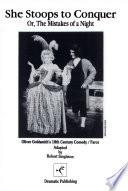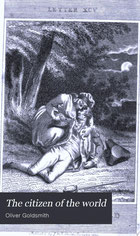“Our greatest glory is not in never falling, but in rising every time we fall.”
Variant: Our greatest glory consists not in never falling, but in rising every time we fall.
Source: The Citizen of the World, Or, Letters from a Chinese Philosopher, Residing in London, to His Friends in the Country, by Dr. Goldsmith




